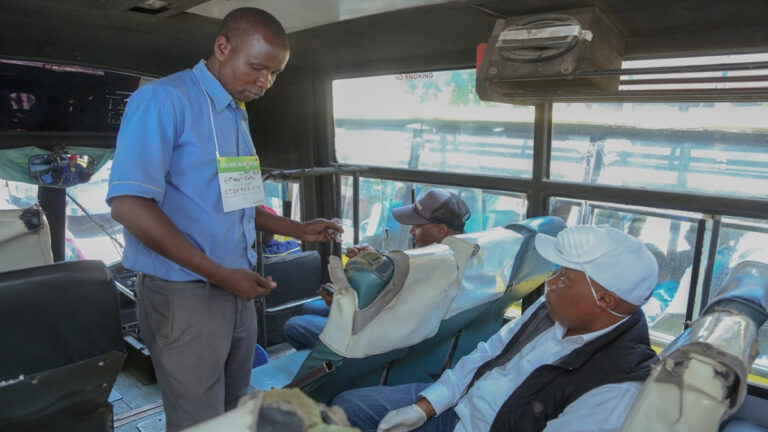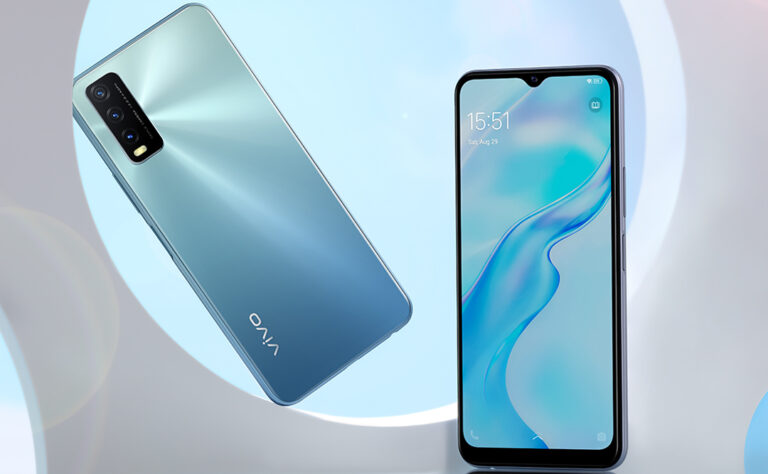According to a consumer study done by Mastercard, about 79 percent of Kenyans are now shopping online compared to pre-pandemic era. The statistics represents an impressive four out of five of Kenyan shoppers surveyed. After the pandemic happened, Kenyans are now preferring to shop online for items like apparel, healthcare, banking as well as other FMCG (fast moving consumer goods).
The study also found that Data was amongst items with highest surge, out of the surveyed Kenyans, close to 92 percent said they had paid for data top ups online. Clothing and apparel came in second at 67 percent, while more than 56 percent said they had bought electronics such as computers and other equipment’s online.
To curb the spread of the corona virus, the Kenyan government issued a social distancing directive that encouraged Kenyans to shop online, make cashless transactions and avoid unnecessary travel to crowded areas such as shopping malls. As a result, online shopping platforms such as Jumia became their preferred platforms, hence a recorded increase in online shopping activities.
Since there weren’t many established online shopping platforms, most Kenyans turned to social media to find attractive products at best deals. According to the Mastercard study, 78 percent and 56 percent of respondents discovered new sellers on social media platforms like Facebook and Instagram respectively.
Other factors that influenced how Kenyans shopped online included payment methods, with a recorded 84 percent acknowledging it had an impact on who they chose to buy from.
Emergence of Virtual Experiences
As a result of the pandemic, Kenyans adopted new approaches in dealing with the new normal, including entertainment as well as learning how to dance online. The report indicates that 86 percent of respondents were using the period as a positive learning experience, 71 percent said they had taken a virtual cooking class, 30 percent started learning a new language and 43 percent learnt how to dance online.
Additionally, 51 percent pursuit Do-It-Yourself (DIY) projects, while 38 percent took make up tutorials online. The report indicates that shoppers are shunning away from traditional retail in favor of contact-free and digital transactions online. As a result, e-tailers and businesses in Kenya are challenged to leverage on they new normal and shift towards online shopping to deliver fast, convenient and secure transactions.
According to Mastercard Vice President, Products in Sub Saharan Africa Kari Tukur, the post-COVID-19 environment is witnessing an undisputable transformation in the way everyday transactions are being conducted. Tukur further said that as people continue to favor e-commerce for their shopping, businesses who will remain relevant must ensure their customers continue to enjoy a safe, convenient and secure experience when shopping with them. Tukur also noted that Mastercard was leveraging its network, insights, technology and partnerships with fintechs, banks and other key players across Kenya to support businesses as they make most of this new reality and optimize to thrive.
Consequently, consumers are keen with associated online risks, making secure checkouts fundamental to good shopping experience. Tukur said the company was working to eliminate online fraud and protect retailers from data breaches, while ensuring that consumers still enjoy a convenient and hassle-free payment experience. Mastercard rolled out its patented tokenization technology across the region, which encrypts consumer data by replacing card numbers with digital tokens. This technology eliminates unintended usage at any other location and provides additional security and peace of mind for consumers and merchants alike, resulting in higher approval rates while minimizing online fraud.








